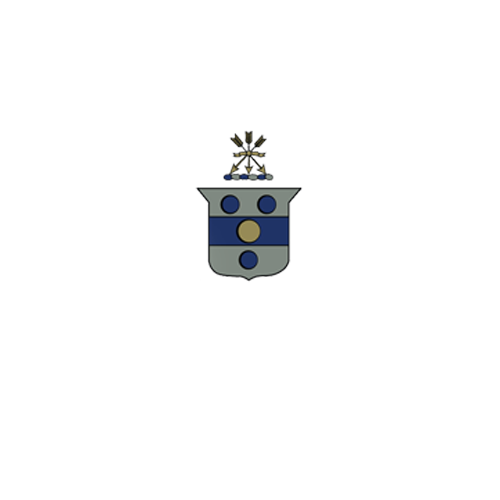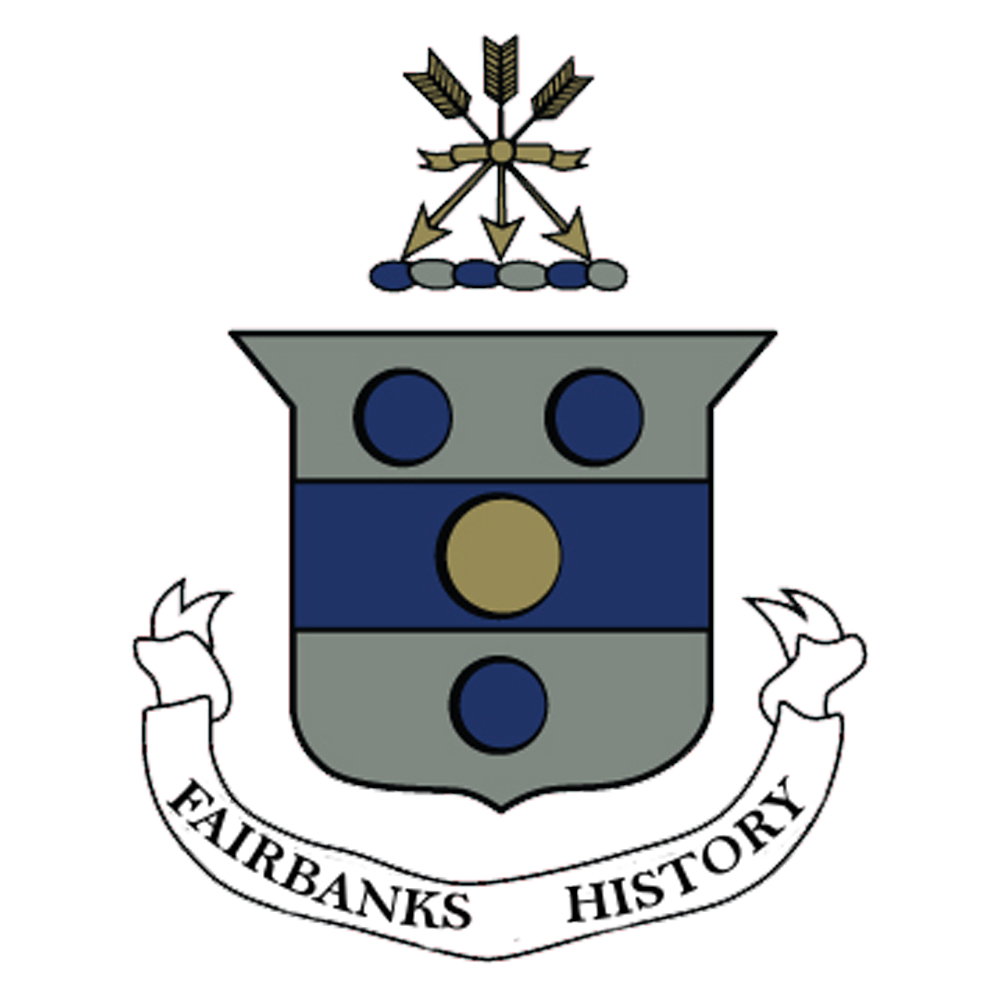Why did the Fairbanks and the Prescott Families leave England? Part II
Land, Mines and Minerals, Military Conscription
The Choice: England or Massachusets Bay Colony in New England in the 1600s
What would make whole families leave security, comfort, extended family, and homeland, England to risk their lives traveling to New England land in the 1600s a land of toil and uncertainty? In the last post (URL), we explored three reasons for the “Great Migration,” religion, politics, and economics. All of these likely impacted the decision of the Fairbanks and Prescott families. Would these be enough to tip the balance in favor of danger and hardship? There are three more compelling factors that may have tipped the balance to emigrate: military conscription, land availability which including future generation security, and opportunity in a budding mine and mineral development in New England.
Military Conscription
17th Century armor
In England and in New England, regular military training days were required of all men between sixteen and sixty years old. This assured that men were prepared for military service, if they were needed.
Mercenaries were used in the Thirty Years War which was not fought on British soil. However, when King Charles I extended his church laws into Scotland, they rebelled. He needed Englishmen to fight the Scottish into submission.
Armor as seen at Plimoth Plantation, modeled by my first cousin, Evan Jones, also a Fairbanks and Prescott descendant.
In 1638, the king repeatedly dismissed the Parliament, armies were assembled by both sides, for the King and for Parliament under Oliver Cromwell. This would become England’s Civil War. Men were pressed into military service.
John Prescott’s great grandfather, James, had been ordered to be ready with horses and armor to fight for Queen Elizabeth in 1654. According to the Prescott Memorial, Prescott made his own armor in the Cromwellian fashion. Based on the timing of Prescott’s departure about 1638, he may have left England to escape conscription into one of these wars. There are citations of men evading the soldiers who were commissioned to bring in civilians to be pressed into service.
However, all men were required to bring armor with them to New England. There are accounts of Prescott using his armor in the wilderness when he founded Nashaway or Lancaster, Massachusetts.
https://archive.org/details/prescottmemorial00pres/page/n8
Land Opportunities
In the 1600’s, the measure of a man’s worth was based on the amount of land he owned. In England, land was scarce for the middling man. New laws were making land less available. Free land and abundant resources, like trees and food, were available in the new world. A man with a gun or a fishing line could put food on the table, even in the first year. A man could hunt deer and fowl without a fine or penalty he might have to pay in England. An early settler in New England could secure enough land for himself and for his son’s futures.
Farm land and rock fences found outside of Luddenden, West Yorkshire, England. .
Jonathan Fairbanks and Land
Jonathan, a descendent of John Fairbanks of Thornton-in-Craven, Yorkshire, England, received no land inheritance in his father’s will. Primogenitor, giving the estate to the first son, was the custom at that time. Jonathan was not the first son. In fact, he was only given an inheritance equivalent to the daughters of the family. The other sons received more. That was considered a slight at that time.
Land transactions for Jonathan Fairbanks in England are not known to date. During their marriage, Jonathan and Grace moved their family from town to town in the Halifax Parish of West Yorkshire, England. Fairbanks would not have land to give to his sons in England.
Jonathan Fairbanks accumulated enough land in New England to help his sons. In his will, written in 1668, he followed the custom of primogenitor and gave his first son, John, the original farm and most of the grants. Jonathan gave his second son, George, all his land grants in the Medfield area before his death and bequest him 16 pounds which should include the worth of the Medfield grant. The third son, Jonas, went to Lancaster, Massachusetts, to help John Prescott found and build that town. Jonas married Prescott’s daughter, Lydia, and amassed his own land at that plantation as an early founder. Jonas was given 16 pounds in his father’s will. Jonathan the youngest son, was given the same amount. There was no mention of land given to the younger sons, but the value the father gave George equaled the value he gave his younger sons.
Joseph, Ruth Fairbanks and James Swan, “Johnathan Fairbanks of Dedham, Massachusetts, and His Family in the West Riding of Yorkshire.” New England Historical and Genealogical Register 166 (2012).
Lorenzo Sayles Fairbanks, Genealogy of the Fairbanks Family in America 1633-1897 (Boston, MA: American Printing & Engraving Co., 1897, pp. 32-33
John Prescott and Land
John Prescott was four years old when his father died in Shevington, Lancashire, England. John had an older brother who would have gotten the father’s land, if there was any. John did owned land in Shevington, Lancashire, England. He sold that land to Richard Prescott from Wigan, Lancashire, England, just four miles away.
After marrying Mary Gawkroger Platts in Wigan, they moved to Warley, the town of Mary's family. This was just across the river from Sowerby. John had a blacksmith shop there. They were in Warley from 1629 to 1638 when they left England. Both Jonathan Fairbanks and John Prescott are said to have come from Sowerby, West Yorkshire, England, prior to emigrating.
John bought 126 acres of land in Watertown soon after their arrival. He sold this land when he joined the Nashaway Company in 1643. With the Company, he helped buy eighty square acres of land from the Nashaway Sachem, Sholan. This land became Lancaster, Massachusetts.
The General Court of the Massachusetts Bay Colony recognized John, as a valuable citizen of the Colony. In the Court Records, John asked to be granted the right to buy more land to provide for his large growing family (General Court grant on 17: 3:1672.) The Court ratified this based on Prescott’s service to the Massachusetts Bay Colony.
Prescott, the ‘Father of Lancaster,’ bought and garnered a large amount of land in and around Lancaster. He gave his land to his sons and grandsons for the families’ future posterity. Land was a strong draw for both Fairbanks and Prescott.
Mining and Minerals
From 1638-1640, the Great Migration came to a close. Some men had even returned to England to fight in England’s Civil War. When the war ended, Oliver Cromwell and Parliament regained control of the English government. The English people had regained their voice in the government, religious persecution ended. There was no longer a strong reason to leave.
Up to this time, the main income in New England, beside fishing and exports, was supplying new settlers. In Jonathan’s case, he made spinning wheels. Prescott made or repaired the valuable iron products for the homes and farms.
Without new settlers coming, the Colony went into a depression. They had to find another source of income. One source, minerals and mining, was advocated by two young university educated men, John Winthrop Jr. and Dr. Robert Childe. Iron was the most beneficial and promising. New England needed iron to produce home goods and tools. Iron brought in from England was very costly and not being shipped regularly since settlers were not being brought over. Iron was also a good export to England. In 1641, the General Court enacted the ordinance for "encouragement to discovery of mines." This gave 21 years of exclusive rights to anyone who discovered a useful ore. They were also given privileges regarding buying land and using already settled lands. https://www.nps.gov/nr/twhp/wwwlps/lessons/30saugus/30setting.htm
Young Winthrop Jr. and Dr. Childe recruited men from both England and New England and raised funds to develop forges in New England. Men working in metal were highly prized for this industry. John Prescott, as a blacksmith, came about the time interest in development of this industry started. However, he came independent of the men brought over from England specifically for the iron industry.
Raw stone containing chiastolite slugs from Lancaster, Massachusetts.
Stones embedded with chiastolite slugs were considered a sign of gold, silver or other metals. Men were sent out to find sources of ore. They found chiastolite in the Nashaway or Lancaster, Massachusetts area. Some of the stones were sent back to England for assessment and are now in museum in London, England, according to Maryanne MacLeod of Lancaster, a historian of that area.
Prescott partnered with Dr. Childe and other iron workers to form the Nashaway Company. Believing ores were available, the company bought land and planned to develop the “plantation.” John Winthrop Jr. cautioned that the areas for mines and refineries had to be developed to support the workers needed for the industry.
Perhaps Jonathan Fairbanks, aware of this budding business venture in mines and minerals, had two reasons to beckoned John Prescott to the new world early: first, to be in line for free land grants as an early proprietor and second, to give him an opportunity to use his skills at the onset of a prosperous mining venture in this new country.
Jaffee, David. People of the Wachusett: Greater New England in History & Memory, 1630-1860. Ithaca: Cornell University Press, 1999.
Conclusion
Although the major reason for the “Great Migration” from 1628-1640 from England to New England was religious intolerance and persecution, Jonathan Fairbanks and John Prescott had additional reasons for putting their families’ safety and security at risk for the journey. They left substantial work, extended families, and home country to toil in an untried world, even though they were financially more secure than most in England. The taxes, changing trade relations, diminishing resources, and receding land availability probably played major roles in their decisions. For Prescott, with his family history of serving the monarch and having made his own armor, he may have feared conscription into war and leaving his family to fend for themselves. He also had a skill set useful in the rush for discovery of mines and minerals in New England. This would afford him and his family more opportunities.
For both Fairbanks and Prescott, the records of their towns and Massachusetts Bay Colony shows that land was valuable to them. They were willing to speak up for what they considered their rightful portion. Of the land they accrued, they were able to leave land to their sons and inheritance to their daughters and grandchildren. Welfare of their families and future prospects for their children seemed to be on Fairbanks and Prescott’s minds. No matter what their reasons for coming to New England, their decision impacted our future.
What’s Next
Leaving Valuables Behind, Risks Ahead
Preparing to Sail to the New World with the Fairbanks and Prescott families.











